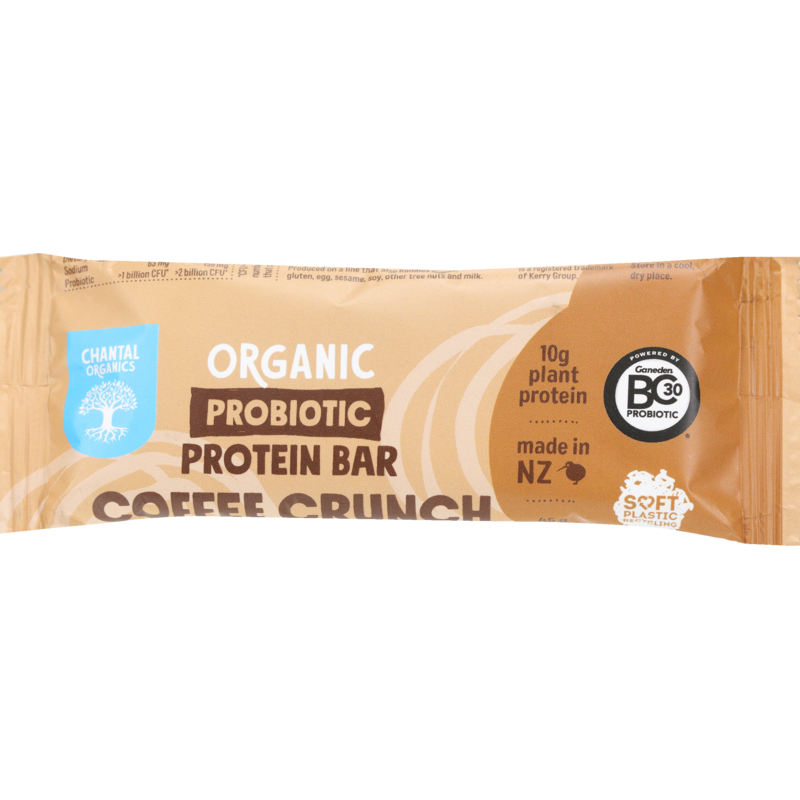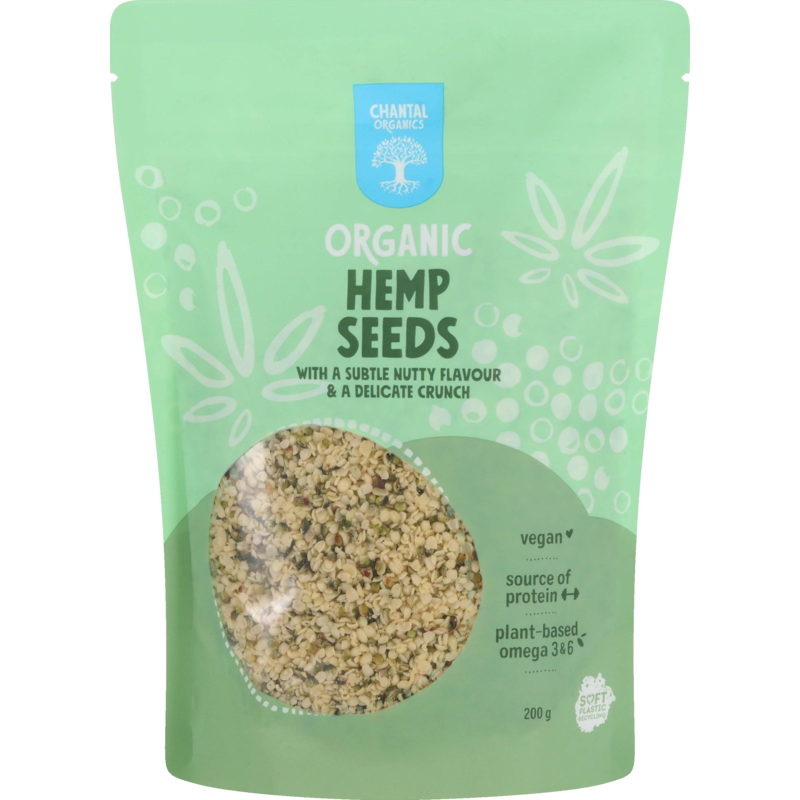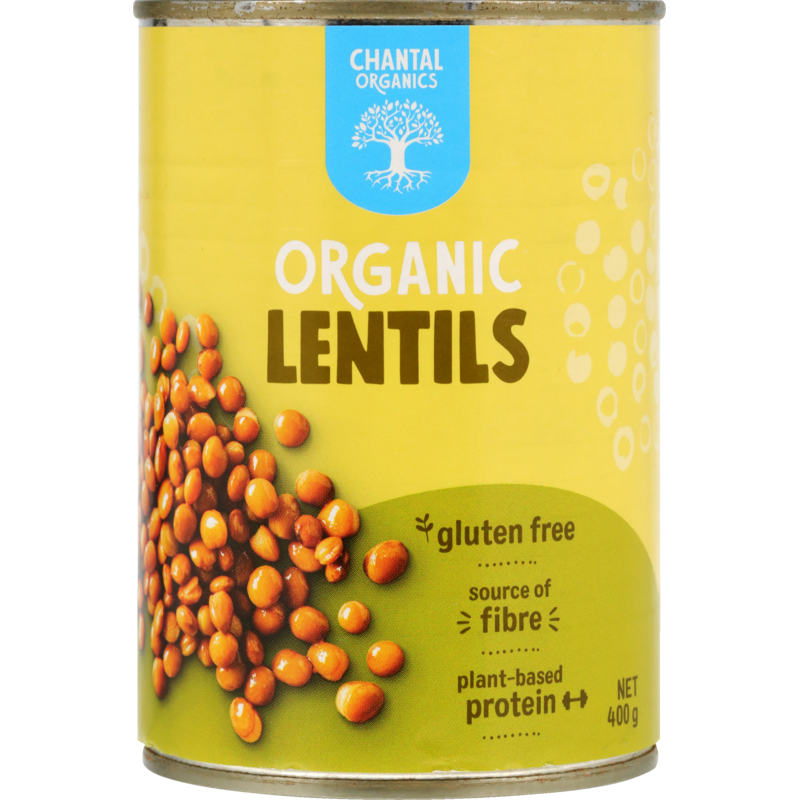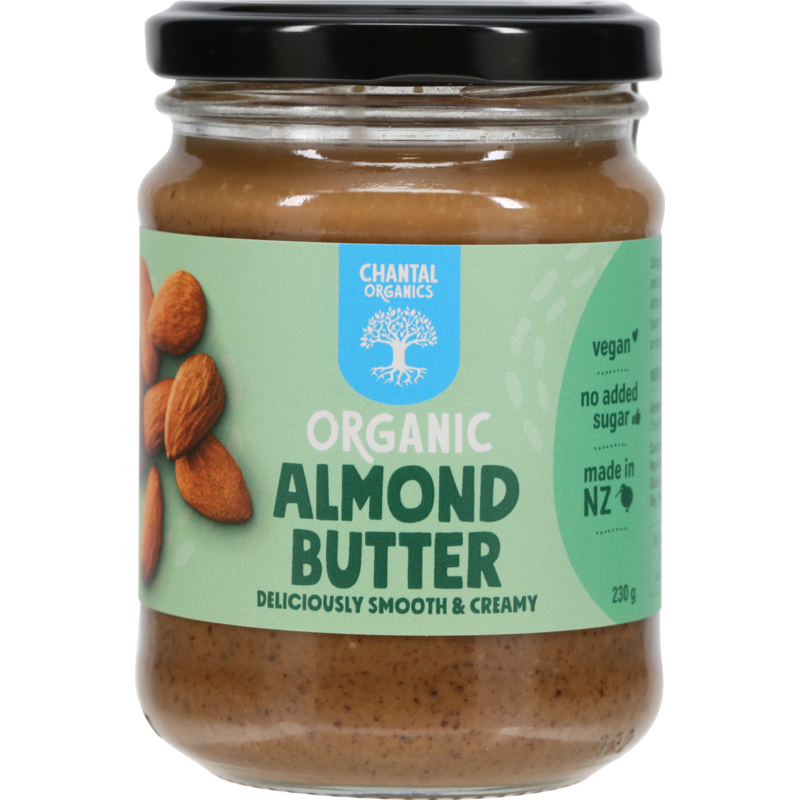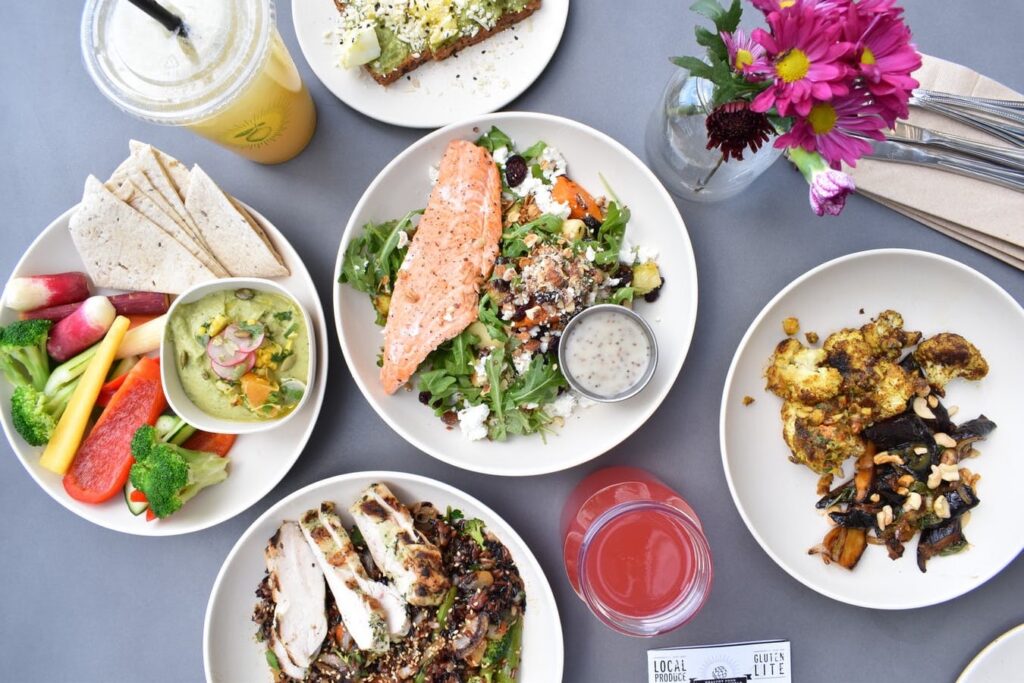
Learn how to fulfil your nutritional requirements on a plant-based diet.
The body will not only survive but thrive on a plant-based diet. With a bit of basic nutritional knowledge, some food planning and preparation, and a positive attitude it is achievable to get all the nutrients you need on a vegan diet. Read on to find out what plant-based foods you need to eat to succeed.
Plan Ahead
A vegan diet requires planning and research to ensure nutritional needs are met. If you’re switching from a typical Western diet to a vegan diet, you will need to replace the nutrients provided by meat and dairy products with nutrients from plant-based foods.
Studies have shown that a plant-based diet is of higher quality, as it’s filled with a variety of whole foods. This guide will look closer into what whole, plant-based foods can help cover your basic nutritional needs. For in-depth nutrition guidance, we recommend you reach out to a professional dietician.
Where do you get Plant-based Protein?
Protein has gotten a lot of attention lately. It is essential, as one of the main building blocks of the body, supporting tissue growth and repair, while also facilitating optimal function of the hormone and immune systems.
Plants provide protein; however, it is important to consume a variety of plant-based sources daily to make up the total amount of amino acids required. Here is a list of plant-based proteins that are easy to prepare and economical too.
- Beans and legumes provide a great source of plant-based protein and fibre. Soybeans and soy products offer the most protein, however all legumes contain protein, such as lentils, chickpeas, beans, peas, and peanuts. Bean burgers and stews are tasty, but nowadays we are spoiled for choice from plant-based protein bars and lentil chips, to roasted chickpeas, and fava bean snacks.
2. Nuts, seeds, & whole grains contain protein, along with other nutrients. Nuts and nut butters are versatile ingredients and can be used for snacking, cooking, or baking.
3. Dark leafy greens and green vegetables contain protein. While the quantity is lower, the quality is high and are a great way to increase protein intake alongside other protein sources. The bonus: they contain antioxidants, fibre, vitamins, and minerals too.
4. Chia seeds and hemp seeds both offer a complete protein and should be consumed daily.
5. Quinoa is a whole grain that is also a complete protein. Bonus: it’s rich in magnesium, iron, and fibre too.
6. Vegan protein powders, such as hemp protein and pea protein are now easy to find on the market, with tasty flavours to choose from.
Plants Provide Healthy Fats
Fats play an important role in eye, brain, and heart health, along with cell function, vibrant skin and hair, energy production and absorption of fat-soluble vitamins, such as calcium for stronger bones.
Some fats are better than others, we call these ‘Good fats’, which include monounsaturated and polyunsaturated fats.. Include a variety of healthy plant-based fats in your diet. Nuts & seeds, avocados, extra virgin olive oil and coconut oil are great sources of healthy fats.
“The right fats can help you become lean, healthy and vibrant.”
– Dr. Mark Hyman from his new book EAT FAT, GET THIN.
Omega-3 Fatty Acids
Omega-3 fatty acids are essential for numerous bodily functions and overall health. For the finer scientific details, learn more here.
Once upon a time, fish oil supplements were the only option. Until scientists looked into where the fish got their omega-3. Turns out it’s the algae in the water!
Going right to the source, algae cuts out the need for fish and helps reduce pressure on marine resources, from overfishing and disrupting the ecosystem. Algae also supports climate change, as it can trap carbon dioxide similar to terrestrial plants.
Algae may not taste great, so an easy way to consume it is in a supplement. Find a sustainable source and mindful brands here. It is also helpful to boost your diet with these omega-3 rich plant-based foods:
- Hemp seeds are a versatile ingredient, with a slightly nutty flavour.
- Hemp oil offers a concentrated dose of omega-3 and is delicious on salads.
- Chia seeds are a good source of ALA omega-3 fatty acids.
- Flaxseeds offer omega-3, as well as fibre, protein, magnesium and manganese.
- Walnuts are loaded with healthy fats and ALA Omega-3 fatty acids to support brain health
- Who knew brussel sprouts were an excellent source of omega-3, along with Vitamin K, C, and AC and fibre?
The Good Carbs
It’s a common misunderstanding that meat and protein is what fuels exercise and energy. However, carbohydrates from plants have been shown to provide optimal fuel.
Not all carbohydrates are bad, What matters is which ones you eat, how much you eat and what you eat alongside it.
It’s the refined carbohydrates or simple sugars to avoid, like sugar and white flour. They have been stripped of fibre and other key nutrients. Complex or unrefined carbohydrates found in whole grains and legumes contain fibre and nutrients and offer an ideal source of energy.
Include more unrefined carbohydrates in your diet to stay active and energized. It is most beneficial to eat a protein-rich food alongside these carbs for optimal utilization.
Only Plants Provide Fibre
Fibre is essential for a happy digestive system but can also help to reduce inflammation and even slow down signs of aging. Plants really shine in this category as meat and dairy products contain no natural fibre.
There are 2 type of fibre, soluble and insoluble.
Soluble fiber dissolves in water and creates a gel in the intestinal tract to keep things moving. Great sources include oats, peas, beans, lentils, apples, citrus fruits, carrots, barley, and psyllium.
Insoluble fiber does not dissolve, it adds bulk which helps clean out your digestive tract. Great sources include whole grains, legumes, broccoli, spinach, kale, strawberries, blueberries, raspberries, kiwifruit, almonds, walnuts, and pumpkin seeds.
Vitamins and Minerals
For vegans, it is essential to follow a whole foods diet (not a fast-food diet) to ensure you are getting enough vitamins and minerals. Here are some nutrient rich vegan swaps:
- Calcium rich plants include sesame seeds (we love tahini) and low-oxalate vegetables such as broccoli, kale, and Bok choy, which are 15-30% more absorbable than the calcium in cow’s milk!
- Find iodine in sea vegetables like nori, kombu, and wakame.
- Get strong with plant-based iron from beans, lentils, tofu, spinach, and cashews.
- Zinc is essential, source it from beans, chickpeas, lentils, soybeans, walnuts, cashew nuts, chia seeds, ground linseed, hemp seeds, pumpkin seeds and quinoa.
- Vitamin B12 is essential and a bit tricker to get enough from plants. Algae, mushrooms, fermented soybeans, nut milks, vegan spreads, nutritional yeast flakes, yeast extracts are options but need to be consumed daily. In this instance, an easy alternative is to take a B12 supplement.
The key to a healthy plant-based diet is to eat a variety of plant-based foods daily to ensure you’re getting enough nutrients. For easy swaps and delicious recipes to get you started, check out this simple guide to eating plant based. One of our favourite recipes is the Pumpkin Lentil Savoury Crumble, which is packed with hemp seeds and lentils.
If your still skeptical, check out the revolutionary film, The Game Changers, a documentary about meat, protein, strength, and the amazing possibilities of plant-based eating. For inspiration, read about these 19 vegan athletes who swear by plant-based eating.
To receive monthly recipes and sustainable living inspiration directly to your inbox, sign up to our newsletter at the bottom of this page.
PRODUCTS MENTIONED
